Natural crop-production services | Global biodiversity crisis | Learning motor skills | October 15, 2019 | SMCC Heads Up Embargoed and recently published research with a Canadian focus, curated by SMCC for science journalists.

October 8, 2019 | SMCC Heads Up
Nature’s help in decline | Heart-friendly canines | Exercise for all ages | October 8, 2019 | SMCC Heads Up Embargoed and recently published research with a Canadian focus, curated by SMCC for science journalists.
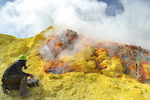
October 1, 2019 | SMCC Heads Up 
Global volcanic carbon dioxide | Lead up to a deadly outbreak | Groundwater shortages looming | October 1, 2019 | SMCC Heads Up – Embargoed and recently published research with a Canadian focus, curated by SMCC for science journalists.
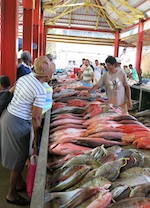
September 24, 2019 | SMCC Heads Up 
Plastic-shedding teabags | One-source kimberlites | Nutrient-goldmine fisheries | September 24, 2019 | SMCC Heads Up – Embargoed and recently published research with a Canadian focus, curated by SMCC for science journalists.
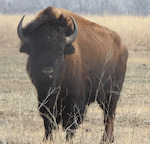
September 17, 2019 | SMCC Heads Up 
Pleistocene extinction | Three-billion bird loss | Social sunflowers | September 17, 2019 | SMCC Heads Up – Embargoed and recently published research with a Canadian focus, curated by SMCC for science journalists.

September 10, 2019 | SMCC Heads Up 
New, emerging silent spring | A fishy tale of toothy evolution | September 10, 2019 | SMCC Heads Up – Embargoed and recently published research with a Canadian focus, curated by SMCC for science journalists.

September 3, 2019 | SMCC Heads Up 
Cancer rising | Generally relative pulsar | Protective parasite power | September 3, 2019 | SMCC Heads Up – Embargoed and recently published research with a Canadian focus, curated by SMCC for science journalists.

August 27, 2019 | SMCC Heads Up 
Ancient humans’ climate impacts | Early arrivals in North America | Mega-D doses | August 27, 2019 | SMCC Heads Up – Embargoed and recently published research with a Canadian focus, curated by SMCC for science journalists.

August 13, 2019 | SMCC Heads Up 
Pollution emphysema | Ancient, deep-Earth rocks | August 13, 2019 | SMCC Heads Up – Embargoed and recently published research with a Canadian focus, curated by SMCC for science journalists.

July 30, 2019 | SMCC Heads Up 
Creepy spider guys | New Cambrian-aged predator | High-tech harbour seal topknots | July 30, 2019 | SMCC Heads Up – Embargoed and recently published research with a Canadian focus, curated by SMCC for science journalists.

July 16, 2019 | SMCC Heads Up 
Inside-out CO2 rise | Global mental health blueprint | Algae-powered flatworms | July 16, 2019 | SMCC Heads Up – Embargoed and recently published research with a Canadian focus, curated by SMCC for science journalists.

July 2, 2019 | SMCC Heads Up
Insect radio backpacks | Flocking together | Uni beer guts | July 2, 2019 | SMCC Heads Up – Embargoed and recently published research with a Canadian focus, curated by SMCC for science journalists.
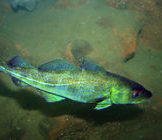
June 25, 2019 | SMCC Heads Up 
Cod superpowers under threat | Pollution nixes walkable benefits | Oysters inspire bendable glass | June 25, 2019 | SMCC Heads Up – Embargoed and recently published research with a Canadian focus, curated by SMCC for science journalists.

June 18, 2019 | SMCC Heads Up 
Arctic hyenas | Ice-worm mobility | Beluga–narwhal hybrid | June 18, 2019 | SMCC Heads Up – Embargoed and recently published research with a Canadian focus, curated by SMCC for science journalists.
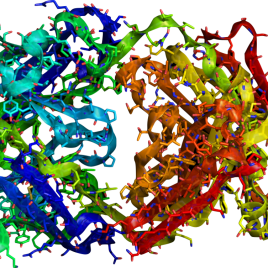
Webinar: Biologics and Biosimilars
Biopharmaceuticals, or Biologics have successfully improved the care of several hard to treat conditions, such as rheumatoid arthritis, Crohn’s disease and cancer. More of these complex biological drugs are coming. In the US over 900 biologics are being developed for more than 100 diseases. While they can be effective treatments, they can be very expensive and are the […]
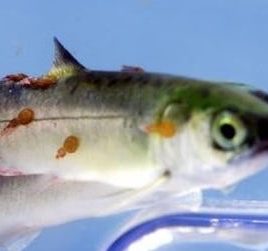
June 11, 2019 | SMCC Heads Up 
DDT legacy | Sea lice spas | Anti-antimicrobial resistance | June 11, 2019 | SMCC Heads Up – Embargoed and recently published research with a Canadian focus, curated by SMCC for science journalists. Read more>

